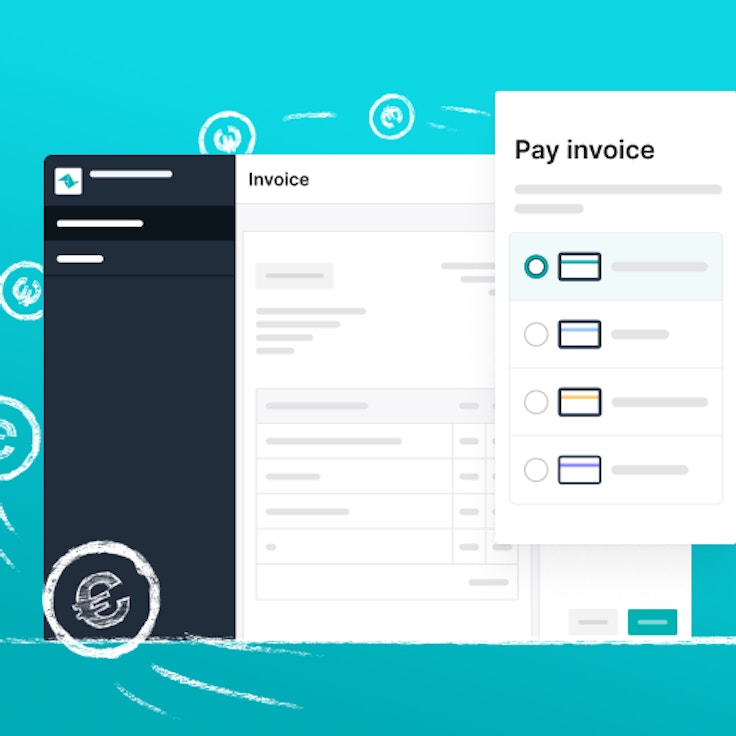Project quotes: what should be your price?

Pricing is one of the pillars of successful marketing and is far from easy. Your aim is never to price yourself out of the market, nor do you seek to undervalue the services you provide. Both would prove detrimental to your company's turnover and growth.
Especially the value of a complex project is rarely unambiguous. To a customer, pricing a pair of shoes is a walk in the park compared to pricing the shell of a house, a new company website or the design of a logo.
Moreover, you need to understand customer psychology when you're evaluating your price. How do you find the middle ground between his perception and your company's financial interests? These are all things you need to take into account when you're drawing up a project quotation. We will help you on your way by explaining the pros and cons of the two main tariff types: a fixed price versus a variable price.
A 'fixed-price' project quote sets out in detail the services offered by the company for a fixed amount. This amount is unrelated to the time invested in the project, and any unanticipated costs. From the customer's perspective, the main advantage of a fixed price is its predictability. He knows exactly what he can expect at which price while avoiding any unpleasant surprises in the end. In other words, a fixed price serves as something to hold onto. Because in the end, you're the expert and not the customer.
And you'll need that expertise in order to correctly estimate the total costs of a project. Because exceeding your budget means eating away at your profit margin, and making losses is definitely not the road you wish to take. And the risk is there: research at the Kellogg School has indicated that people do not exactly excel at predicting their own productivity.
On the other hand, a fixed price may prove to be an excellent motivation to carry out your work in the most efficient way possible. Good projects, consistently delivered on time, do wonders for your reputation.
Ideally, you would use this type of tariff for projects you've successfully completed in the past, allowing you to properly estimate all variables. Naturally, a good project planning tool would prove helpful in managing your budget.
Variable price projects are sometimes referred to in terms of 'time and material'. Instead of a total price, you estimate the number of working hours and the materials you will use for this project.
This quotation type offers more security to your company. The customer provides limited information when drawing up the quotation, and then turns out to expect more during the course of the project. A variable price would allow you to bill more than just the predefined time.
A potential downside would be that a customer could go 'shopping' in your quotation. As opposed to the all-in formula of a fixed price, the customer will tend to scratch a couple of extra options in order to lower the price.
In addition, a variable price may be harder to accept for a customer if your relationship of trust is yet to grow. Your price per hour, for instance, may become subject to discussion. Simply because your value perception differs from that of your customer.
This, too, is psychology. In "The $100 Startup", entrepreneur and writer Chris Guillebeau describes how he caught himself in an irrational thought: a locksmith helps him out in the blink of an eye, and he feels cheated. As if he expected more value for his money.
Some customers will inspect your quotation with the same rigour. If you manage to convince them that your estimate is realistic and that you understand their wishes completely, your variable price will be met with less resistance.
You could always allow your estimate to only deviate a certain percentage from the actual price. This gives you more room to reach an agreement.
Author Alan Weiss aims at consultants when he proposes value-based fees as his idea of a fixed price: show the customer the true value of the results you reach together.
Excellent advice for any project or service quotation, whether it's about consultancy, a modernisation project or the construction of a website. Whoever manages to provide arguments in favour of his quotation as opposed to competitors, wins the race.
The same goes for variable price quotations. Look at it this way: a fixed price means the customer doesn't have to know the hours spent on a project, and a variable price means he shouldn't concentrate on them excessively.
Whether you opt for a funded fixed price offering your customer certainty, the flexibility of a variable price or even a hybrid formula that suits your company's needs, your best bet would be to invest in project follow-up. The right software such as Teamleader Focus allows you to neatly visualise the state of affairs for every project, to recalculate along the way and to learn from past experiences.
do for your business.



